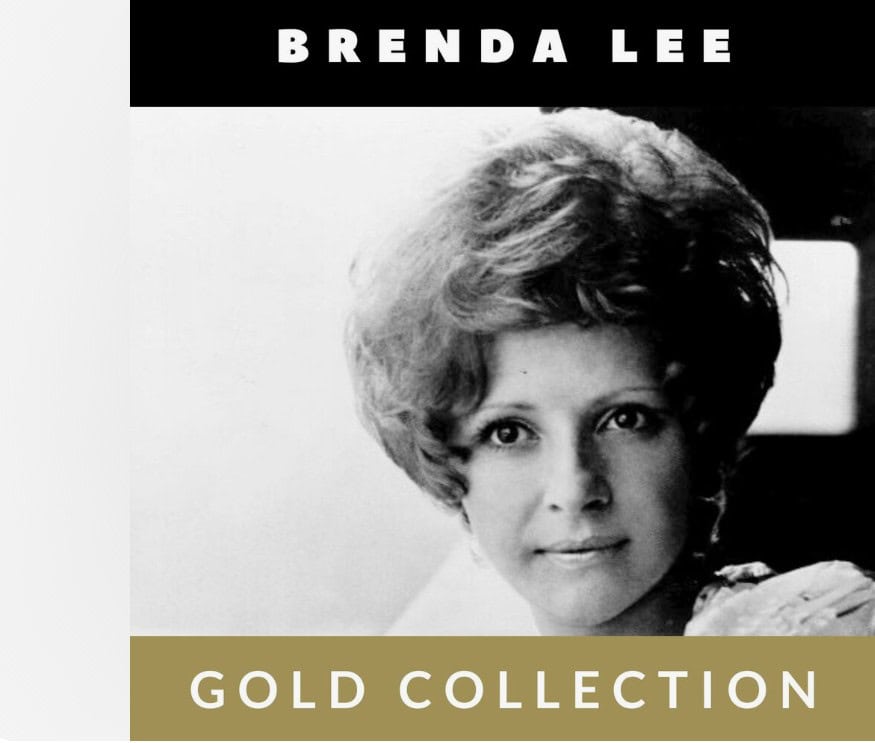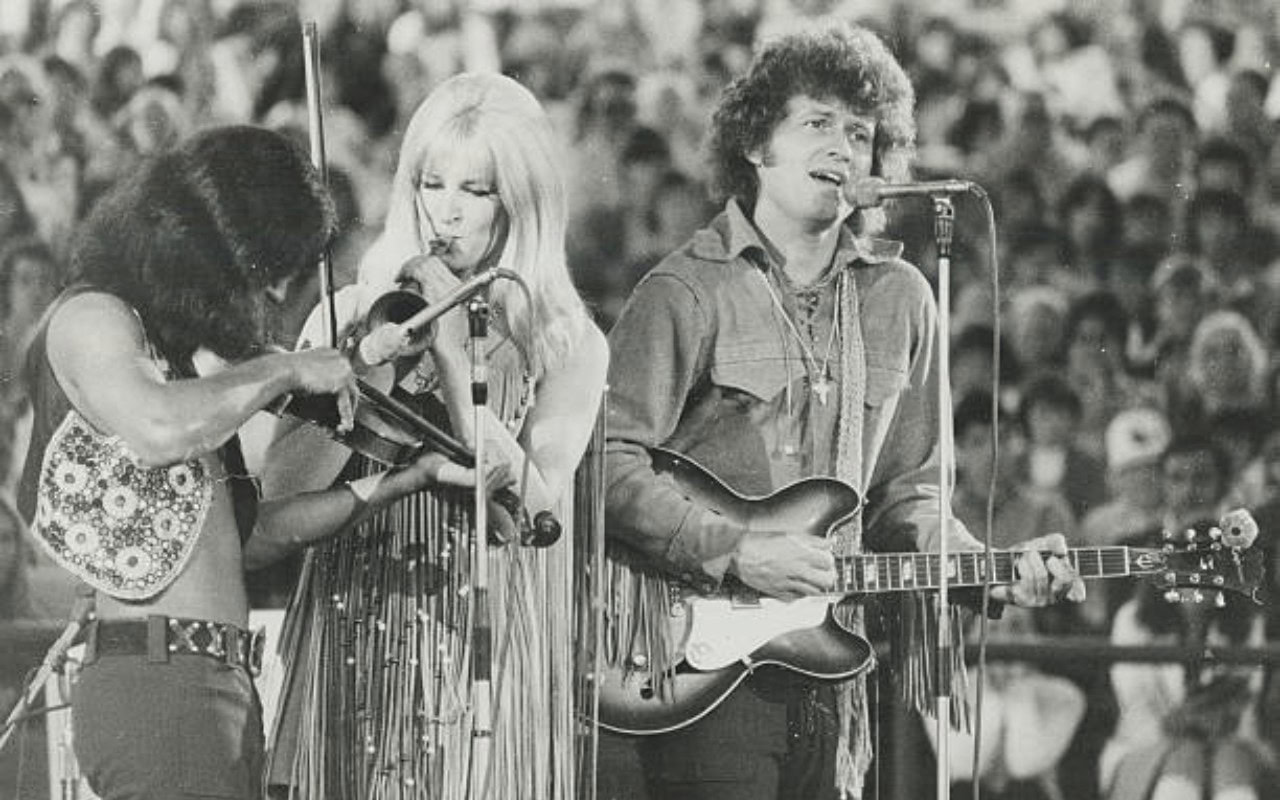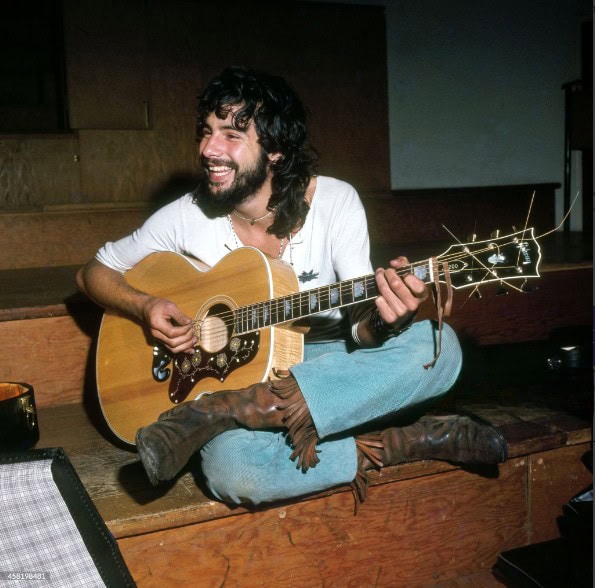
In the realm of pop music, Brenda Lee’s “All Alone Am I” stands as a timeless classic, a poignant ballad that captures the depths of loneliness, the yearning for connection, and the quiet ache of a heart longing for love. Released in 1962, this heartfelt tune reached number three on the Billboard Hot 100 chart and became a signature song for Lee, cementing her status as one of the most popular and versatile singers of her era.
Penned by the songwriting duo of Manos Hadjidakis and Arthur Altman, “All Alone Am I” is a tale of a young woman grappling with the solitude of her existence, her heart heavy with the absence of love and companionship. The song’s opening lines, “All alone am I, nobody by my side / Empty is my heart, nowhere to hide,” set the stage for a narrative of vulnerability, longing, and the quiet desperation of one seeking solace in connection.
The verses paint a vivid picture of the woman’s isolation, as she describes the mundane routines of her life, the absence of laughter and joy, and the overwhelming feeling of being adrift in a world that seems to pass her by. Lee’s vocals, infused with a blend of tenderness and longing, perfectly convey the depth of her emotions and the weight of her loneliness.
The chorus, a simple yet powerful declaration of solitude and the yearning for connection, is one of the most recognizable and beloved in pop music history: “All alone am I, can’t you see / I’m lost in a world of misery / All alone am I, won’t you come to me / And make me whole again, set my spirit free.” These lines encapsulate the song’s core message, the belief that even in the depths of loneliness, the human spirit yearns for connection, love, and the hope of finding a place to belong.
“All Alone Am I” was released in 1962 as a single from Lee’s album of the same name. The song’s success propelled the album to gold status and solidified Lee’s position as one of the most popular and versatile singers of her time.
Beyond its commercial impact, “All Alone Am I” has become a cultural touchstone, appearing in countless films, television shows, and commercials. The song’s enduring popularity is a testament to its timeless message, relatable themes, and Lee’s unforgettable vocals.
“All Alone Am I” remains a beloved classic, resonating with listeners across generations who have experienced the sting of loneliness, the power of human connection, and the unwavering hope for finding love and belonging in a world that can sometimes feel isolating and overwhelming. The song serves as a reminder that even in our darkest moments, we are not truly alone, and that the human spirit’s capacity for connection, empathy, and love is a beacon of light that can guide us through the shadows and into the embrace of companionship and shared joy.



